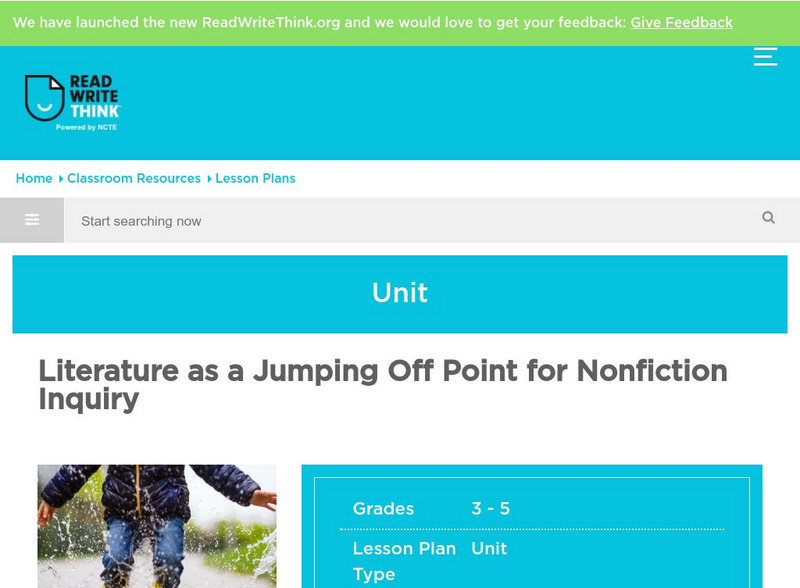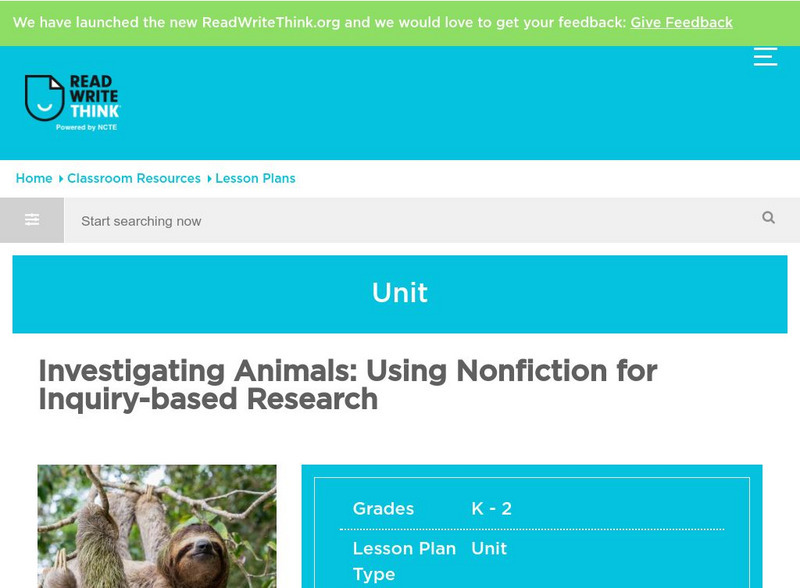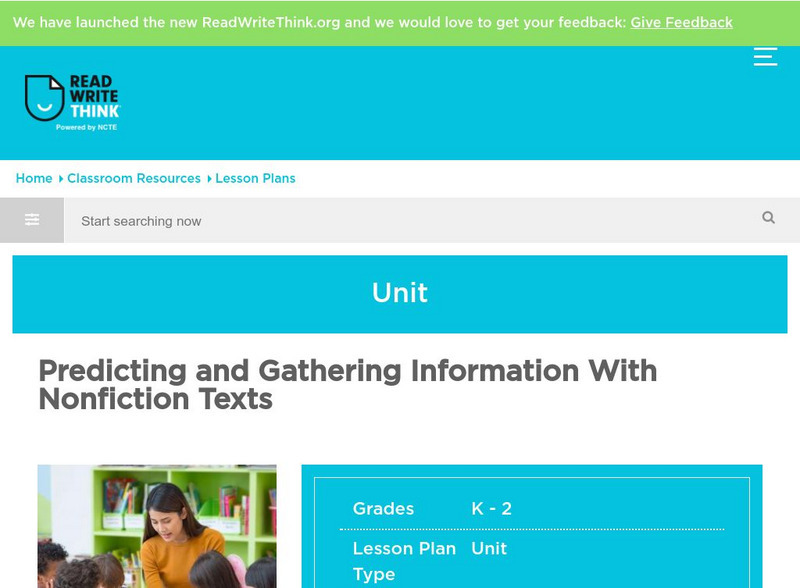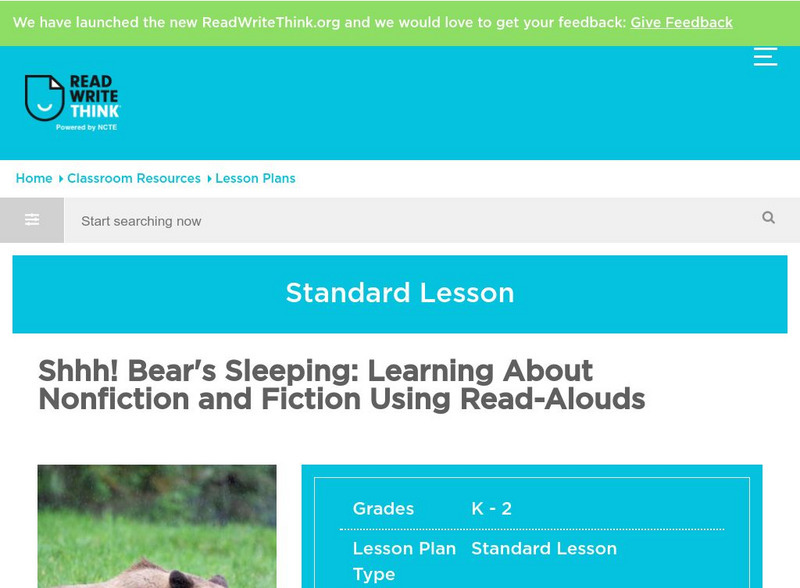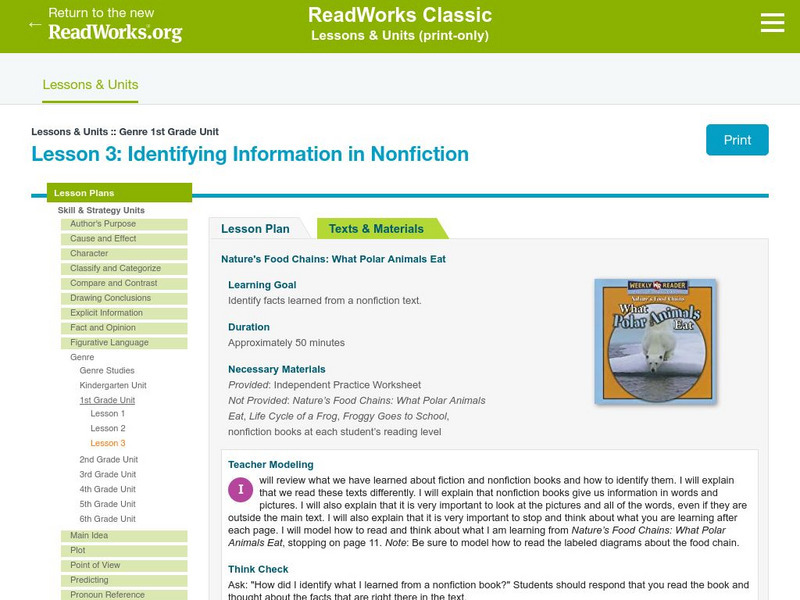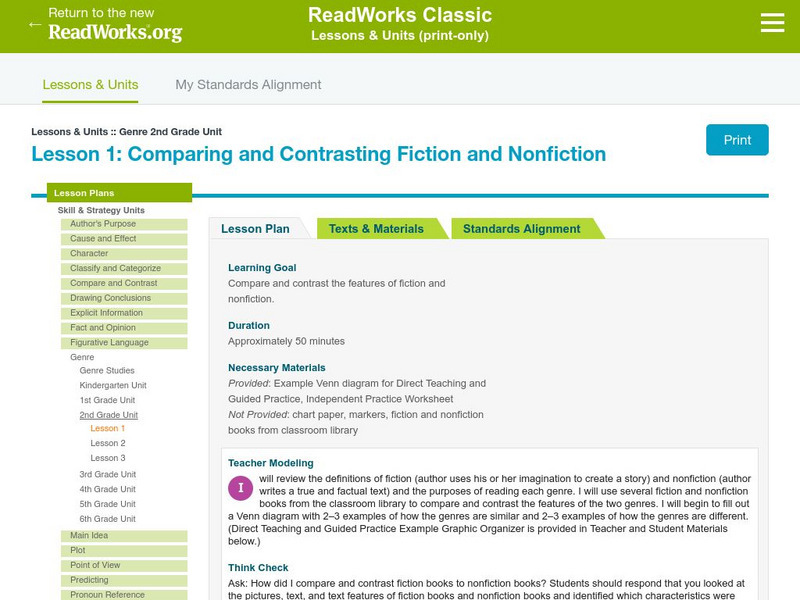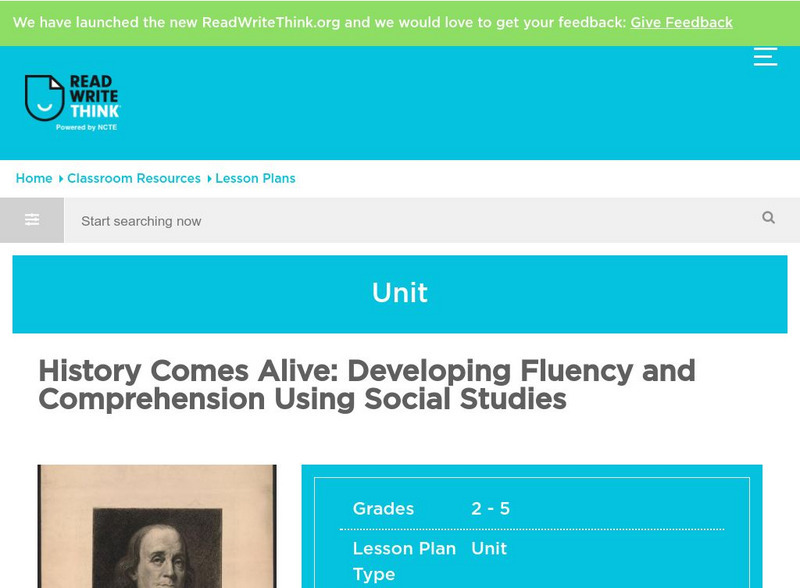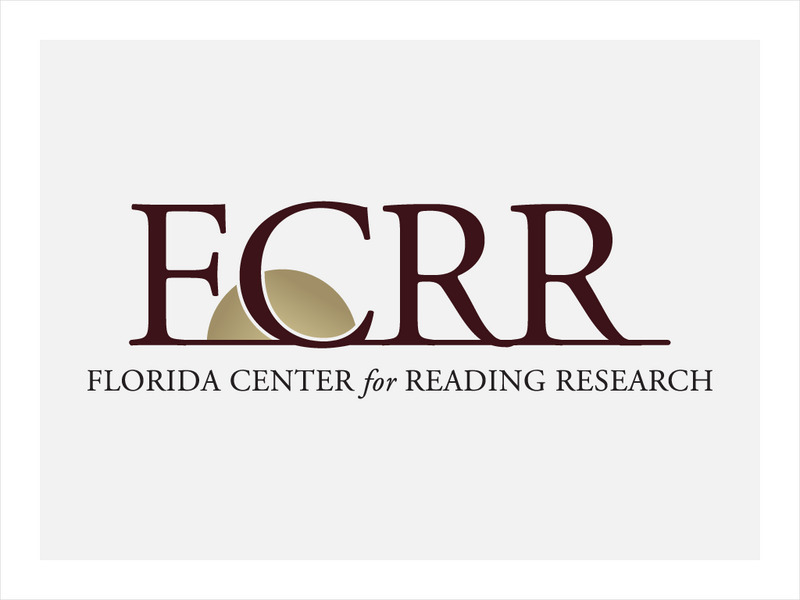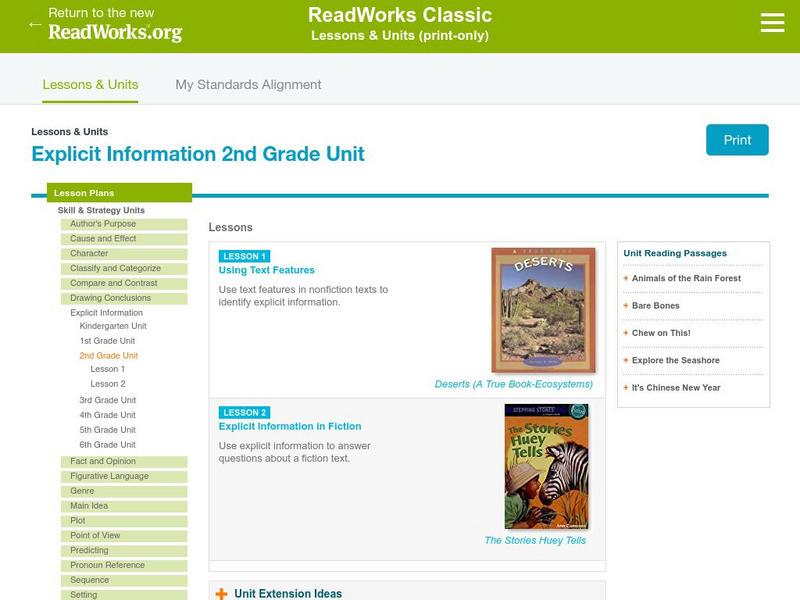Hi, what do you want to do?
Texas Education Agency
Texas Gateway: Irony, Sarcasm, and Paradox (English Ii Reading)
[Accessible by TX Educators. Free Registration/Login Required] In this lesson, you will learn to evaluate the role of irony, paradox, and sarcasm in literary nonfiction such as speeches and essays. It includes the definitions and...
ReadWriteThink
Read Write Think: Comprehending Nonfiction Text on the Web
Contains plans for three lessons designed to improve comprehension of nonfiction, especially nonfiction texts on the web. It focuses on identifying text features, locating specific information, and generalizing that information. In...
ReadWriteThink
Read Write Think: Literature in Nonfiction Inquiry
This lesson plan involves learners working in groups after reading a work of literature to develop text sets. Included in the lesson plan is an overview, practice, objectives, resources, preparation, and more.
ReadWriteThink
Read Write Think: Using Nonfiction for Inquiry Based Research
Contains plans for lessons that help young scholars explore the nonfiction genre by doing inquiry-based research on animals. In addition to objectives and standards, this instructional plan contains links to sites used in the lessons as...
ReadWriteThink
Read Write Think: Predicting and Gathering Information With Nonfiction Texts
Contains plans for eight short lessons that introduce nonfiction texts to second grade students. In addition to objectives and standards, this instructional plan contains links to sites used in the lessons as well as assessment and...
ReadWriteThink
Read Write Think: Reading/writing About Whales Using Fiction and Nonfiction Texts
Young scholars will have a whale of a good time in this lesson in which they use fiction and nonfiction texts to write a letter to an online scientist.
ReadWriteThink
Read Write Think: Shhh! Bear's Sleeping: Learning About Nonfiction and Fiction
Students explore the distinction between the fiction story Bear Snores On and the nonfiction book Every Autumn Comes the Bear.
Read Works
Read Works: Genre 1st Grade Unit: Identifying Information in Nonfiction
[Free Registration/Login Required] A lesson in which young scholars use the books Nature's Food Chains: What Polar Animals Eat by Joanne Mattern, Life Cycle of a Frog by Angela Royston, and Froggy Goes to School by Jonathan London to...
Read Works
Read Works: 2nd Grade Lesson: Compare/contrast Genres
[Free Registration/Login Required] A lesson in which students use fiction and nonfiction books from a classroom library to identify the similarities and differences between fiction and nonfiction and to create a Venn diagram...
E Reading Worksheets
E Reading Worksheets: Summarizing Worksheets and Activities
In this instructional resource, students will learn more about summarizing texts. Worksheets and PowerPoint lessons are provided to reinforce understanding about ways to summarize nonfiction texts and to identify main ideas. This module...
Read Works
Read Works: 1st Grade Lesson: Classifying Texts
[Free Registration/Login Required] A lesson plan in which students use the books Froggy Goes to School by Jonathan London and Life Cycle of a Frog by Angela Royston to learn to classify texts as fiction or nonfiction. Lesson includes...
ReadWriteThink
Read Write Think: Question and Answer Books From Genre Study to Report Writing
Contains plans for eight lessons that explore Question and Answer Books and ask students to do research in order to write their own. In addition to objectives and standards, these instructional plans contain links to sites used in the...
Other
Literature Circles: Lesson Plans and More
What are the major roles in literature circles? Check out this site to learn more about the individual roles needed to form a literature circle. Includes links to various reading handouts and lessons.
ReadWriteThink
Read Write Think: Using Comprehension Strategies With Elie Wiesel's Night
Working in small groups, students read and discuss Elie Wiesel's memoir Night and then take turns assuming the "teacher" role, as the class works with four different comprehension strategies.RI.11-12.4 Word meaning, RI.11-12.10b Text...
ReadWriteThink
Read Write Think: History Comes Alive: Developing Fluency and Comprehension
Let the power of imagination and inference serve as a "time machine" to bring Benjamin Franklin into the classroom! History and science come to life in a dialogue with Franklin the inventor, developed through lesson activities that...
Polk Brothers Foundation Center for Urban Education at DePaul University
De Paul University: Center for Urban Education: Nutrition Lesson [Pdf]
"Nutrition Lesson" is a one page, nonfiction passage about protein including what it does in the body and what foods contain protein. It is followed by questions which require students to provide evidence from the story; it includes...
E Reading Worksheets
E Reading Worksheets: Genre Activities
This learning module features "genre" as the topic for PowerPoint presentations, lessons, and quizzes. Numerous projects with the "genre" theme are available for further exploration as opportunities for more in-depth investigations.
Florida Center for Reading Research
Florida Center for Reading Research: Exp. Text Structure: Text Feature Find
A lesson plan in which students look through a book to find various text features including: a table of contents, sequence and format, charts/graphs/maps, diagrams/graphics/illustrations, print variations, an index, and a glossary....
Read Works
Read Works: Grade 2: Two Lesson Unit: Explicit Information
[Free Registration/Login Required] Designed to teach students to identify explicit information in nonfiction and fiction texts. Lessons are based on the books Deserts (A True Book-Ecosystems) by Darlene R. Stille and The Stories Huey...
Texas Education Agency
Texas Gateway: Hyperbole and Understatement (English Ii Reading)
[Accessible by TX Educators. Free Registration/Login Required] In this lesson, you will learn to recognize hyperbole and understatement in nonfiction. Good examples also appear in other forms of writing such as fiction and poetry, but we...
ReadWriteThink
Read Write Think: Let's Build a Snowman
These two lessons that teach students about how animals survive in the winter by reading fiction and nonfiction. In addition to objectives and standards, this instructional plan contains links to sites used in the lessons as well as...
Reading Rockets
Reading Rockets: Content Area Literacy
Content area lessons require specific techniques and knowledge that help students navigate different types of texts. Here you will find articles, videos, teaching strategies, webcasts, and research reports.
Read Works
Read Works: Explicit Information 1st Grade Unit
[Free Registration/Login Required] A two-activity unit in which students learn how to identify explicit information in both fiction and non-fiction texts. The lessons utilize the books Frogs by Gail Gibbons and Stellaluna by Janell...
Read Works
Read Works: Compare and Contrast 3rd Grade Unit
[Free Registration/Login Required] A three-lesson unit on comparing and contrasting through which students learn how to compare two items using key terms, compare and contrast two non-fiction texts on similar topics, and compare and...







